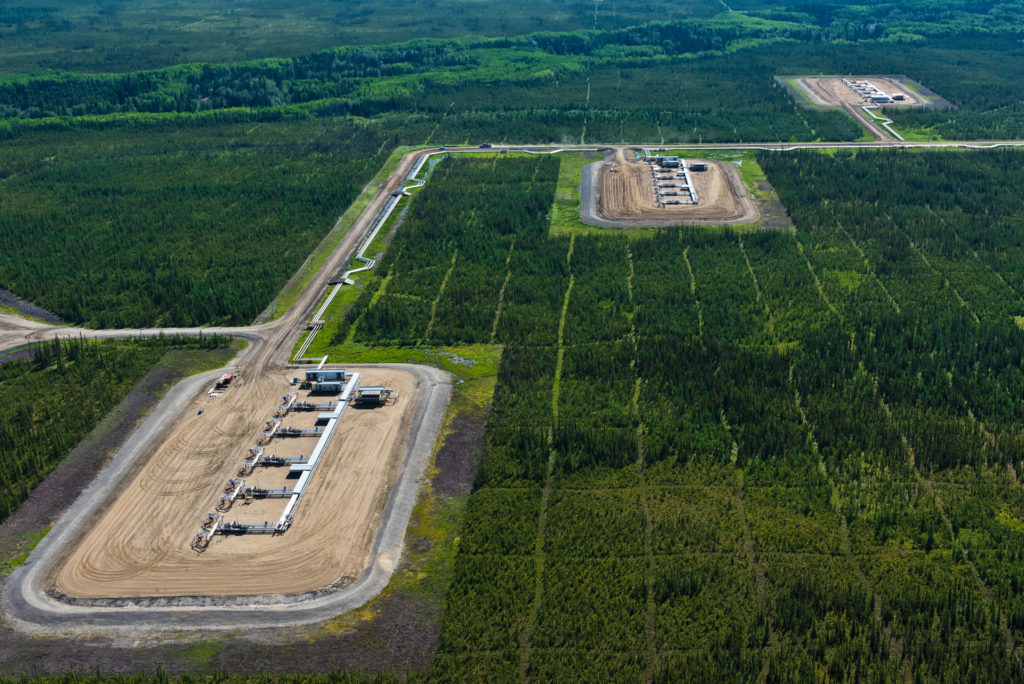 The discount on Western Canada Select to the North American benchmark West Texas Intermediate futures settled Thursday at its widest since March.
The discount on Western Canada Select to the North American benchmark West Texas Intermediate futures settled Thursday at its widest since March.
WCS for August delivery in Hardisty, Alberta, settled at $11 a barrel under the U.S. benchmark WTI, according to brokerage CalRock, compared with $10.95 a barrel on Wednesday.
* The differential between Canadian heavy crude and the U.S. benchmark is the widest it’s been in four months — about $2 a barrel wider than it was in June. This is due to the return of more normal market conditions, analysts say. The discount had become extremely tight this spring after wildfires in Canada temporarily disrupted oil sands output at a time when a number of U.S. refineries were also down for maintenance.
* Another sign of more normal market conditions returning is a rebound in crude oil exports off Canada’s West Coast via the Trans Mountain pipeline. The pipeline’s export volumes had dipped throughout the second quarter, but appear to be increasing again as Western Canadian supply stabilizes, said Wood Mackenzie analyst Dylan White.
* Canadian heavy crude, which is used by U.S. refiners to make asphalt, typically sees strong seasonal demand heading into the start of the summer driving and road repair season and then dips as traders begin to look ahead to the fall.
* Globally, oil prices rose $1 a barrel on Thursday after drones struck Iraqi Kurdistan oil fields for a fourth day, pointing to continued risk in the volatile region.
(Reporting by Amanda Stephenson in Calgary; Editing by Mohammed Safi Shamsi)